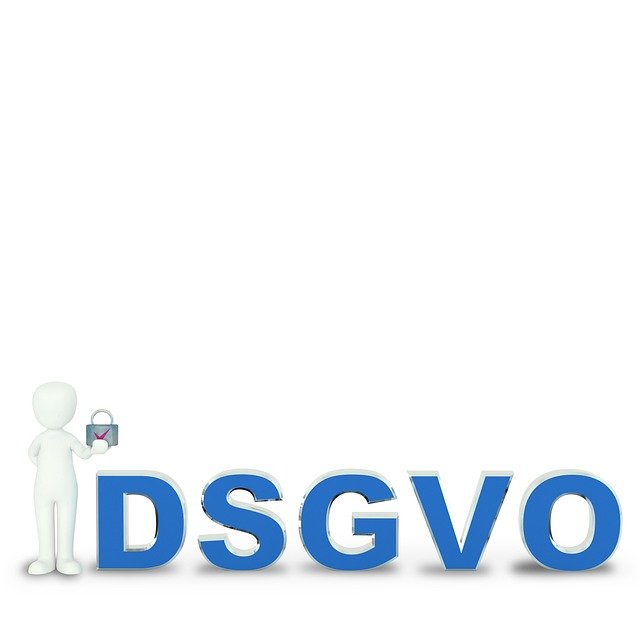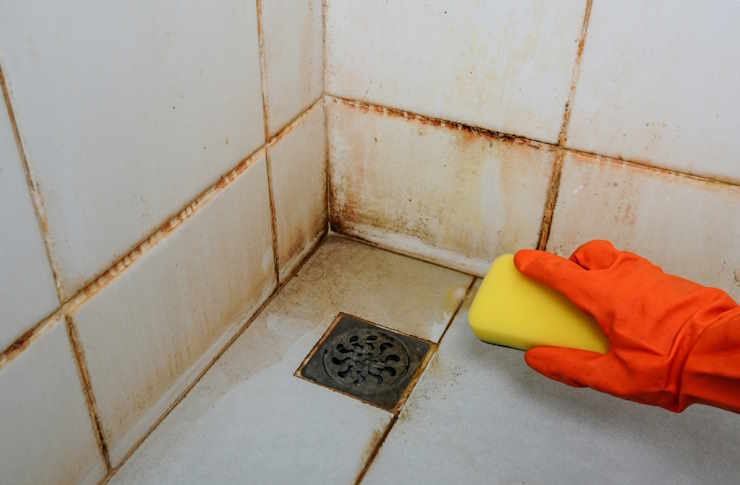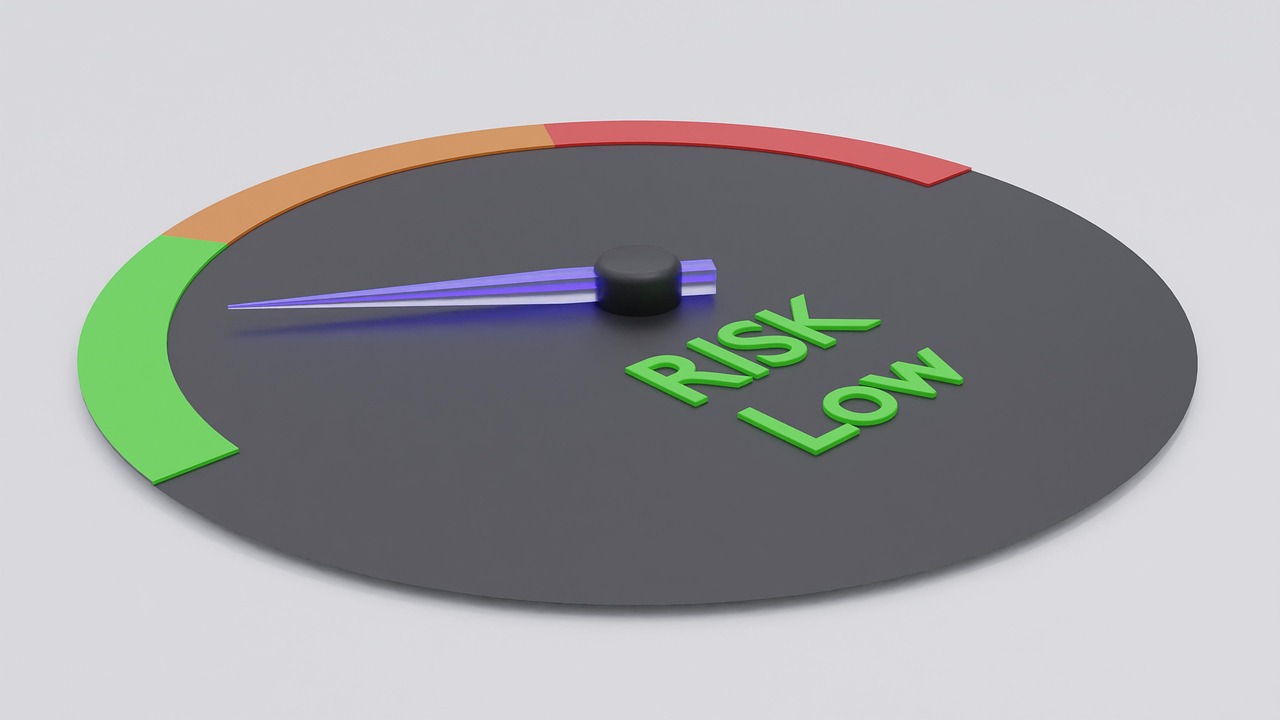Legal and tax considerations when running work from your residence
Working from home changes how you manage space, time and obligations. Beyond layout, ergonomics and lighting, there are legal and tax matters that affect how you use a home workspace—ranging from zoning and lease rules to deductible expenses, recordkeeping and privacy obligations. This article outlines practical considerations to align your workspace, security and wellbeing with applicable regulations and tax treatment.

Workspace and ergonomics
Designing a compliant workspace starts with practical choices that support wellbeing and productivity. Consider whether your home office qualifies as a dedicated business area under local zoning, lease or mortgage terms, since some agreements restrict business activity. Ergonomics and furniture choices matter for health and for demonstrating that a space is used primarily for work. Keep clear documentation—floor plans, photos, and notes about hours worked—to support any claims about a dedicated workspace for tax or insurance purposes.
Lighting and acoustics for productivity
Proper lighting and acoustics contribute to productivity and can have legal implications, for instance when client visibility or recordings are involved. Natural and task lighting reduces strain and supports video meetings, while acoustic treatments help protect client confidentiality during calls. Avoid creating hazards with exposed wiring or noncompliant fixtures; check local electrical codes for permanent installations and document any professional work performed to your property for safety and potential insurance claims.
Privacy, security, and connectivity
Maintaining privacy and security is both a legal and operational requirement. Use secure connectivity—VPNs, up-to-date routers and strong passwords—to protect client or employer data. Understand data protection obligations that apply in your jurisdiction or industry, such as client confidentiality or personal data handling rules. If you contract with third parties or handle regulated information, include security measures in written policies and retain records of software licenses, backups and incident responses to demonstrate compliance.
Furniture, organization, and wellbeing
Choice of furniture and organization systems affects ergonomics and the appearance of a professional workspace. Document purchases of furniture or equipment if you intend to claim deductions; retain receipts and records of business use. Organization practices that separate personal and business items (separate accounts, dedicated storage) support both wellbeing and clearer tax treatment. Regularly review workspace layout to reduce strain and foster a sustainable daily routine that balances productivity and mental health.
Taxes and legal obligations
Tax treatment of a home office varies widely by country and sometimes by state or local jurisdiction. Key considerations include whether you have a dedicated area used exclusively and regularly for business, whether you are an employee or self-employed, and which expenses are eligible for deduction (e.g., a portion of rent, utilities, or depreciation). Maintain meticulous records of business hours, invoices, and expense receipts. Consult local tax rules about allowable methods (simplified vs. actual expense allocation) and any reporting requirements tied to deductions or business registration.
Sustainability and hybrid work implications
Sustainability measures—energy-efficient lighting, low-power equipment, and proper recycling—can reduce operating costs and reflect employer expectations in hybrid arrangements. Hybrid work models may affect legal status: employers might require specific insurance coverage or written agreements for remote days, and liability for client visits to a residence could differ from office settings. Clarify responsibilities for equipment, repairs and utility reimbursements in writing to avoid disputes and to ensure consistent documentation for tax and legal purposes.
Conclusion
Running work from your residence involves practical design choices alongside legal, tax and security responsibilities. Keep clear records, separate personal and business resources, and document decisions about workspace, connectivity and expenses. Where rules are unclear or consequences are significant, seek guidance from qualified legal or tax professionals to match your arrangements to local regulations and to maintain compliance while supporting productivity and wellbeing.






